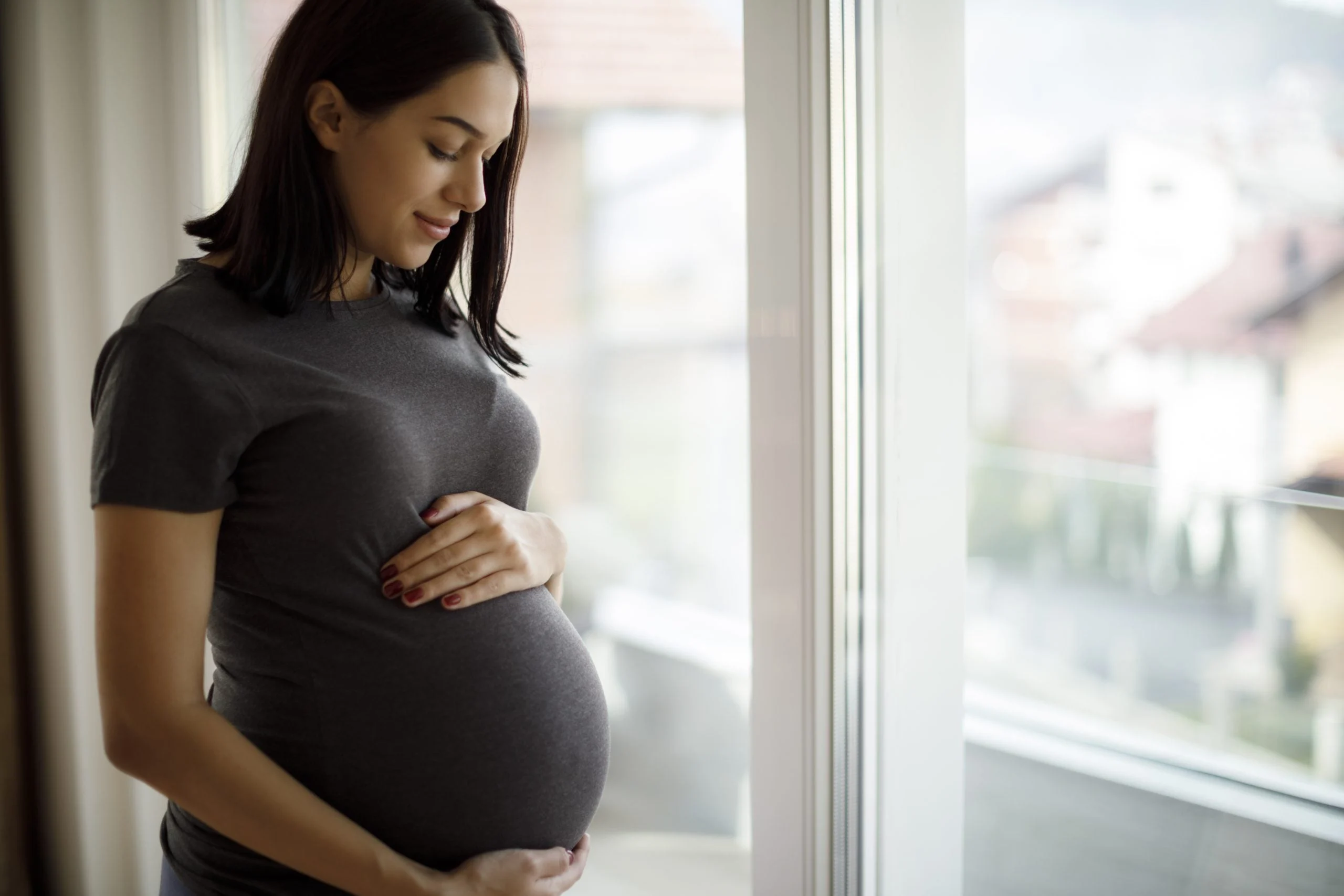When my father received a stage IV esophageal cancer diagnosis in 2012, it hit me like a ton of bricks. I found myself spending endless hours on the phone with him and his medical team, trying to grasp what the months ahead would look like. I was overwhelmed with emotion, indulging in ice cream binges to cope, and unfortunately, I took my stress out on my husband. My home became chaotic; laundry piled up, dust coated the coffee tables, and I found it hard to even remember to wash my hair. With each passing day, I was bombarded with new information about chemotherapy, medication plans, and unforeseen medical issues.
My world felt turned upside down, and I lay awake at night, a frightened daughter dreading the thought of losing her father. I felt powerless and frustrated on the good days, and consumed by anger and bitterness on the bad days. Cancer shattered the sense of normalcy I had as a mother, wife, and daughter—and I was furious.
In the midst of this turmoil, I desperately sought support from my friends, who stepped up in incredible ways. Some went running beside me when I needed to vent my anger, while others let me vent over the phone from grocery store aisles, unable to bear hearing more about lab results or hospice. My husband, my best friend, would hold me as I cried out my frustrations, and he silently endured those nights of simple mac and cheese dinners. I lashed out at my loved ones, but they stood by me through it all.
When my father passed away in October 2012, my friends’ kindness was overwhelming. On the day of his funeral, a friend sent a catered breakfast from hundreds of miles away, knowing we’d forget to eat in our grief. In those moments, I realized the depth of true friendship, and I made a promise to pay it forward. I vowed to be the supportive friend I had when I needed it the most.
Now, four years later, I’ve lost track of how many friends have gone through similar losses. I’ve stood by them at memorials, brought meals (not just lasagna, please!), and sent meaningful gifts that honor their loved ones instead of fleeting flowers. I’ve become a better friend in times of crisis, and while that’s a silver lining from losing my father, the hardest part remains telling a friend their parent has received a heartbreaking cancer diagnosis. I see the same anguish in their eyes that I felt during those early days after my father’s diagnosis.
I know what’s ahead for my friend, and it’s painful. I wish I could spare her the anguish of watching her mother take her final breath. I want to urge her to buy that funeral dress now so she won’t have to wander aimlessly the night before. I want to remind her to memorize her mother’s hands because, in the end, those memories may fade. I want her to be prepared for those unsettling thoughts about her mother being cold in the ground or the haunting memories of her mother in everyday places.
I want her to know that she might overindulge post-loss and feel enraged when someone says “time heals all wounds.” I want her to understand that sitting in church will never feel the same without the memories of that casket, and that the choir will inevitably sing “Amazing Grace” on her toughest days. I want to tell her that laughing will feel like an obligation in the beginning, and that funeral homes nickel and dime you for everything.
But I won’t say those things—not yet. She’ll discover them in her own time, on her unique journey. For now, I’ll listen to her pain, support her on her bad days, and pour her a glass of wine when she needs to escape it all. I’ll be there to show her that it is possible to survive the loss of a parent and that laughter will eventually return to her life. And when she’s ready, I’ll stand by her side as she joins the unspoken club of those who have lost a parent.
For more insights on parenting and managing life’s challenges, check out this link. If you’re exploring family-building options, this resource is invaluable, as is the information found at the NIH on pregnancy and home insemination.
In summary, navigating the loss of a loved one is daunting, but with the right support, we can find our way through the pain and emerge stronger.
